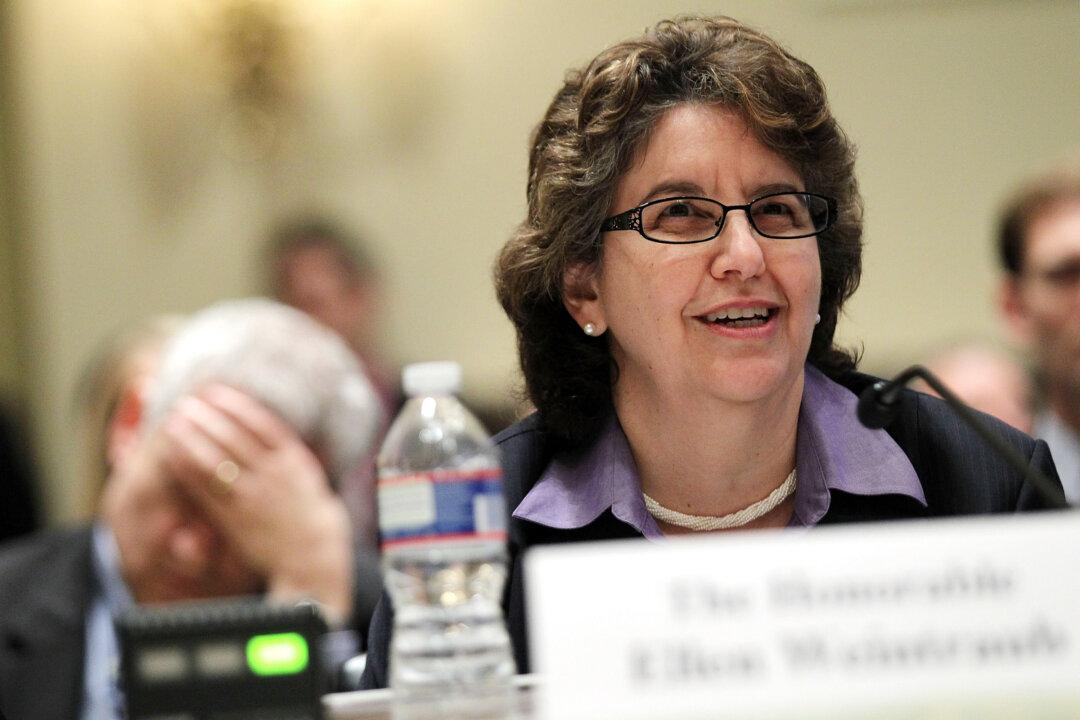WASHINGTON—Federal Election Commission (FEC) Chairman Ellen Weintraub’s renewed feud with President Donald Trump over voter fraud allegations from the 2016 election has the ranking Republican on the House Committee on Administration asking some pointed questions about excessive partisanship within the regulatory panel.
“Recently, I believe this tone of partisanship has been amplified by some at the Commission,” Rep. Rodney Davis (R-Ill.) wrote in an Aug. 26 letter to the FEC’s leadership.





